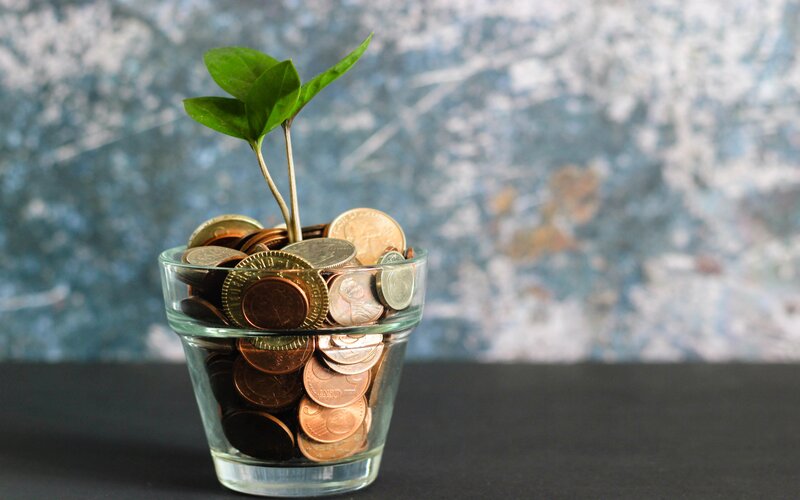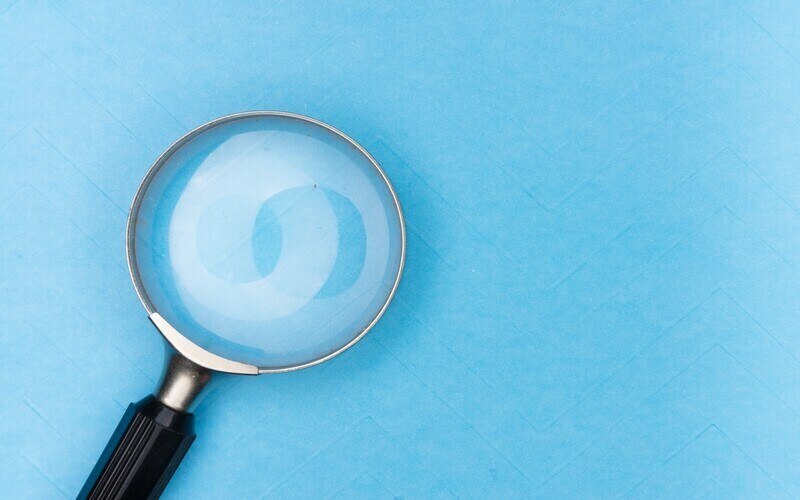While the majority of Aussies are looking for ways to cut their energy bills, more than 94% are still engaging in poor-energy saving behaviours, according to research by ING.
The bank surveyed 1,025 people last month, finding 19% admit to ‘stream cheating’, which means rewatching shows they normally watch with partners after consuming them alone.
Beyond being potentially grating for a person’s other half, the practice could see Australians wasting as much as $1.14 million annually.
That estimate assumes 19% of Australian adults watch an extra hour of TV each year, using 30 cents' worth of electricity to do so.
And ‘stream cheating’ might not the only red flag flown by electricity-happy Aussies.
Nearly one of five those surveyed said wasteful energy use is a major turn off in romantic partners.
One in ten also admit they’d move out if a housemate had poor energy habits.
Aussies hope to cut back on energy bills
“It’s clear from the research that there’s a strong desire amongst many to break their bad energy habits with the majority of respondents actively looking for ways to reduce their energy bills,” ING head of daily banking Matt Bowen said.
Common energy-costly habits surveyed Australians engage in include leaving unused electronics on at the switch (44%), boiling excess water (39%), and using the defrost setting on their microwave (31%).
Meanwhile, nine in 10 want to reduce their energy bills, with more than half looking to cut back significantly.
And we’re being particularly creative (and romantic) on our quest to save energy.
In an effort to reduce utility bills, 30% of us are eating candle-lit dinners and 17% are bathing with a partner.
“It’s encouraging to see so many Aussies prove that saving energy doesn’t need to be a chore,” Mr Bowen said.
Other popular ways to save on bills include choosing to use an air fryer over an oven and hanging clothes up in the bathroom while showering instead of ironing.
Aussies struggling to afford their power bills might be in for a positive surprise in 2023.
Queensland households will receive a $550 rebate on their electricity bills this financial year, while those in Western Australia could be in for $400 of energy bill credits.
Meanwhile, an energy bill relief of up to $500 per household was announced as part of the Federal Budget.
Advertisement
Need somewhere to store cash and earn interest? The table below features savings accounts with some of the highest interest rates on the market.
Image by freestocks on Unsplash









 Rachel Horan
Rachel Horan
 Emma Duffy
Emma Duffy
 Brooke Cooper
Brooke Cooper

